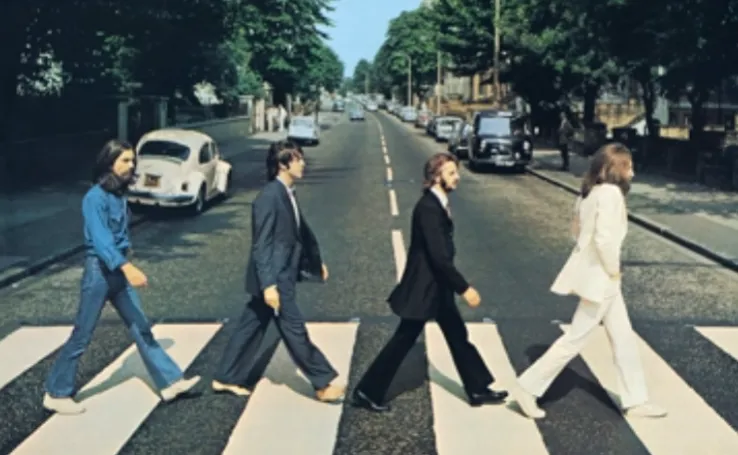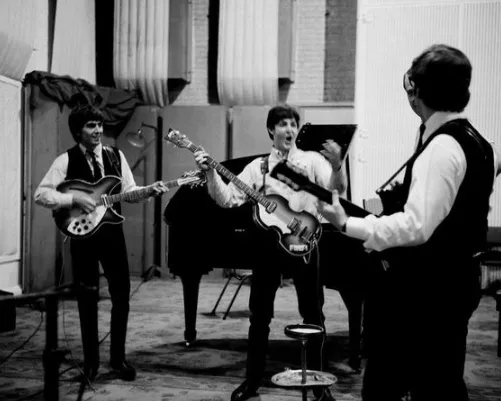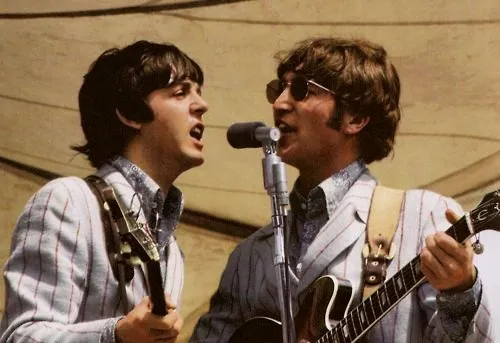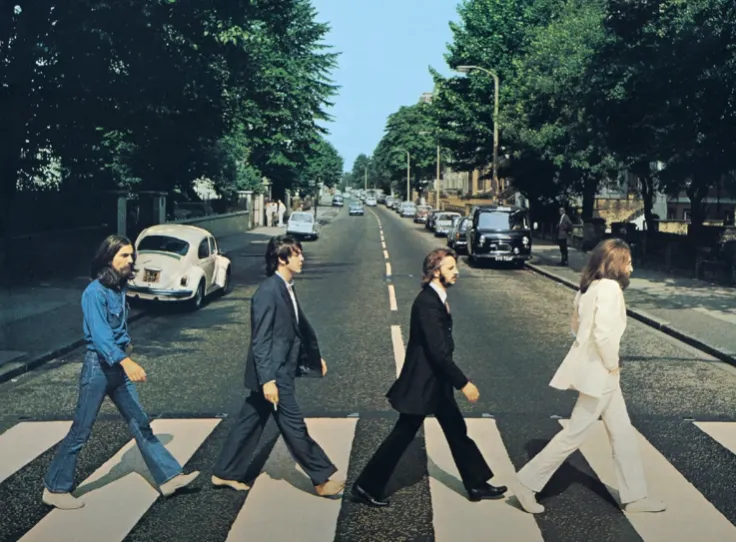About the song
(Watch the video below)
In the vast tapestry of The Beatles' discography, "The Word" stands as a testament to the band's experimentalism, lyrical depth, and musical innovation. Released in 1965 as part of their groundbreaking album "Rubber Soul," the song is a captivating blend of rock, folk, and psychedelia, showcasing the band's evolution from pop sensations to musical trailblazers.
At its core, "The Word" is a celebration of the power of love and communication. The lyrics, penned primarily by John Lennon with contributions from Paul McCartney, exude a sense of optimism and liberation. Lines like "Say the word and you'll be free" resonate with a generation seeking meaning and connection in a rapidly changing world. The repetition of the word "word" throughout the song imbues it with a hypnotic quality, emphasizing its significance as a catalyst for change and understanding.
Musically, "The Word" is a marvel of innovation. The song opens with a distinctive guitar riff, courtesy of George Harrison, that immediately grabs the listener's attention. Ringo Starr's drumming provides a steady backbone, while McCartney's bassline adds depth and groove to the arrangement. Lennon's rhythm guitar and McCartney's backing vocals complement each other perfectly, creating a rich sonic tapestry that is both infectious and immersive.

One of the most striking aspects of "The Word" is its use of harmonium, an instrument rarely heard in popular music at the time. Played by George Martin, the band's producer and arranger, the harmonium adds an ethereal quality to the song, enhancing its psychedelic atmosphere. Combined with the shimmering electric guitars and swirling vocal harmonies, the result is a sound that is both timeless and ahead of its time.
Lyrically, "The Word" is open to interpretation, with layers of meaning that reveal themselves upon closer examination. On the surface, it is a simple declaration of love and unity, with lines like "It's so fine, it's sunshine" evoking feelings of joy and warmth. However, there are deeper themes at play, including the idea of love as a transformative force that has the power to change the world. In this sense, "The Word" can be seen as a precursor to the more introspective and socially conscious themes that would characterize The Beatles' later work.
The song's message of love and unity was particularly resonant in the cultural context of the 1960s. With the civil rights movement gaining momentum and the Vietnam War escalating, many young people were searching for ways to make sense of a world in turmoil. "The Word" offered a message of hope and solidarity, encouraging listeners to embrace love as a guiding principle in their lives.

Beyond its lyrical and musical merits, "The Word" is also significant for its role in shaping the direction of popular music. As one of the first songs to incorporate elements of psychedelia, it paved the way for the experimentalism of the late 1960s and influenced countless artists across genres. From its innovative use of studio effects to its unconventional song structure, "The Word" pushed the boundaries of what was possible in a pop song, setting a new standard for creativity and originality.
In conclusion, "The Word" stands as a testament to The Beatles' artistic vision and musical prowess. With its infectious melodies, thought-provoking lyrics, and innovative production, the song remains a timeless masterpiece that continues to inspire listeners more than half a century after its release. As we continue to grapple with the complexities of the modern world, "The Word" serves as a reminder of the enduring power of love, communication, and creativity to transcend boundaries and bring us together.



